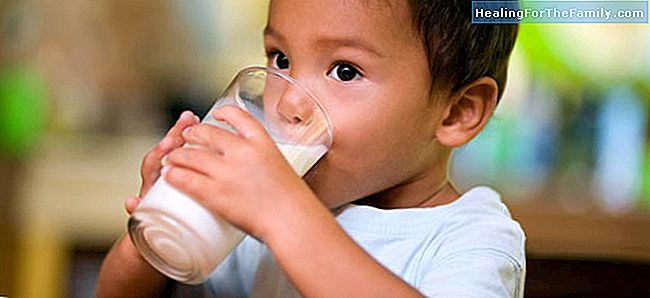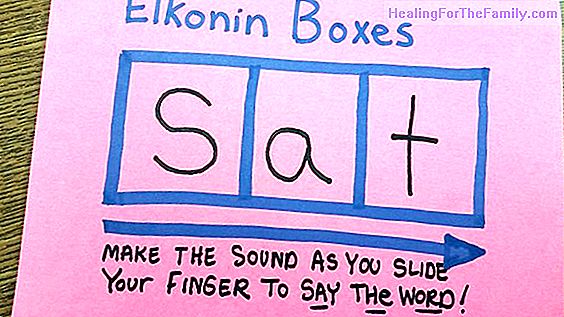Milk does not increase mucus in children
Milk and milk products have traditionally been linked to excess mucus and phlegm production. It is a belief that has been maintained for generations and that, especially in childhood and when the child chains a respiratory process with another, can seriously affect their correct nutrition. But, qué
Milk and milk products have traditionally been linked to excess mucus and phlegm production. It is a belief that has been maintained for generations and that, especially in childhood and when the child chains a respiratory process with another, can seriously affect their correct nutrition. But, qué what is true about it? Does milk increase mucus in children? The risk of eliminating dairy products from children's diet
Eliminating milk and dairy products from the child's diet - without medical indication - highlights the need to provide their micronutrients from other sources. Naturally, milk provides, among others, high-quality proteins, calcium and vitamin D.

Calcium is better absorbed in the presence of lactose, milk sugar, vitamin D - which favors absorption at the intestinal level. calcium and its reabsorption at the kidney level - and a certain proportion of calcium and phosphorus, or what is the same, l
a maximum absorption of calcium is achieved from milk and milk products, making them ideal during childhood and adolescence, helping to strengthen the bones and their constant growth.An even greater risk to health involves completely eliminating milk from the diet of an infant
, offering more watery formula milk or limiting breastfeeding intakes and / or exchanging them for water, infusions or juices.The relationship between milk and the increase of snot in children
The reasons for mistakenly attribute to dairy the quality of increasing snot in children, when
there is no scientific evidence that can prove their relationship are rather a myth that a reality. However,
constant mucus or a blocked nose can be one of the symptoms of milk allergy. Although it is not the most frequent symptom (gastrointestinal symptoms, diarrhea and stomach cramps are much more frequent), it is better to rule out that this is the case when a correlation is observed between the density of the mucus and the milk intake. Milk has also been attributed a negative effect on respiratory symptoms caused by asthma.
In case the child suffers from this disease and its symptoms worsen, it may also be advisable to rule out an allergy to the milk protein, since, again, although it is not the main symptom, they may be intrinsically related. The most recent studies, conducted in several countries, show that
neither milk nor dairy products increase nasal congestion. However, the fact that this belief, which attributes a negative effect on mucus to the consumption of milk and milk products, is so widespread, makes it very difficult to get reliable results. Adults who observe the child participating in the study are directly influenced by their own beliefs and this influences their observations. As experts recommend,
the most important thing during an infectious process that runs with mucus, is to offer fluids , water mainly, although milk is equally suitable if desired, at least, until the scientific evidence shows otherwise .












